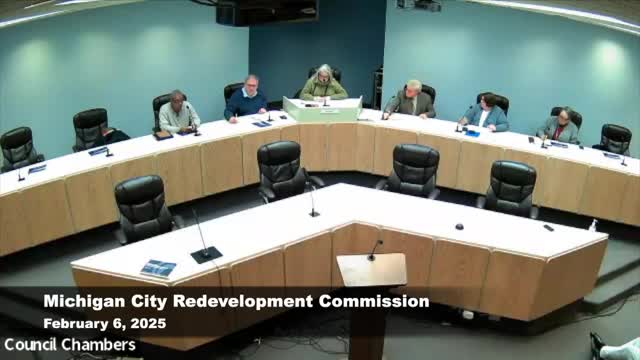Article not found
This article is no longer available. But don't worry—we've gathered other articles that discuss the same topic.
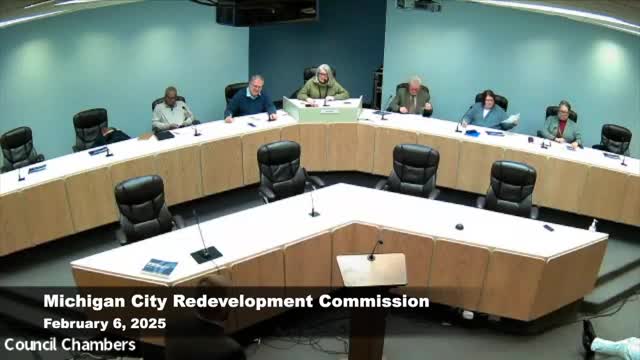
Michigan City redevelopment commission hears Baker Tilly update showing healthy TIF collections, new allocation areas
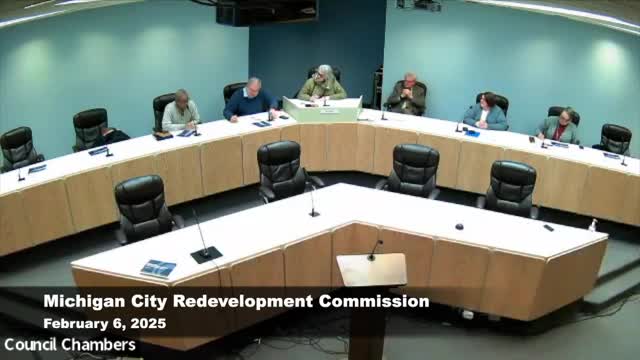
Redevelopment commission signals support for $95,000 MOU with city vector‑control for lot maintenance; MOU to return for March vote
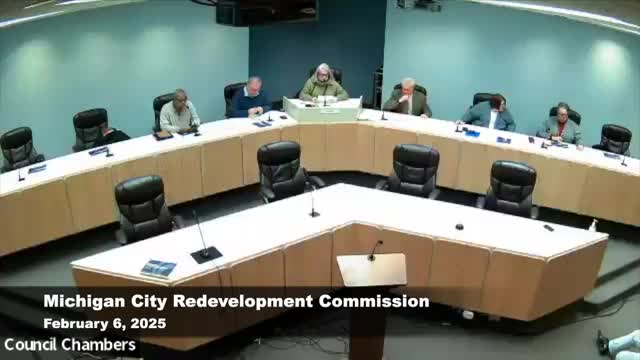
Sola solar project moves toward spring start; Eleventh Street Station garage and tower show construction progress
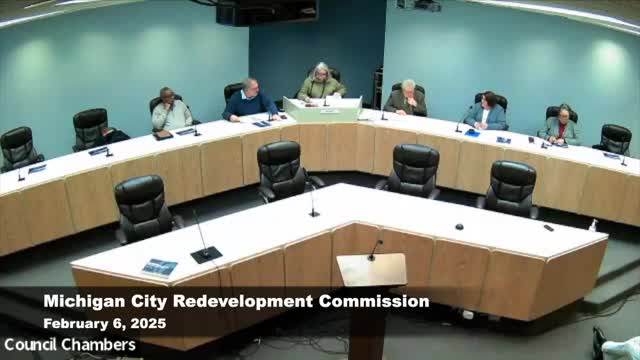
Commission debates façade‑grant ‘look‑back’ period; staff to draft revised rules
